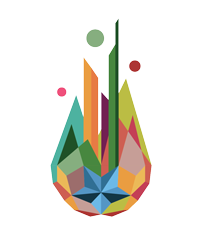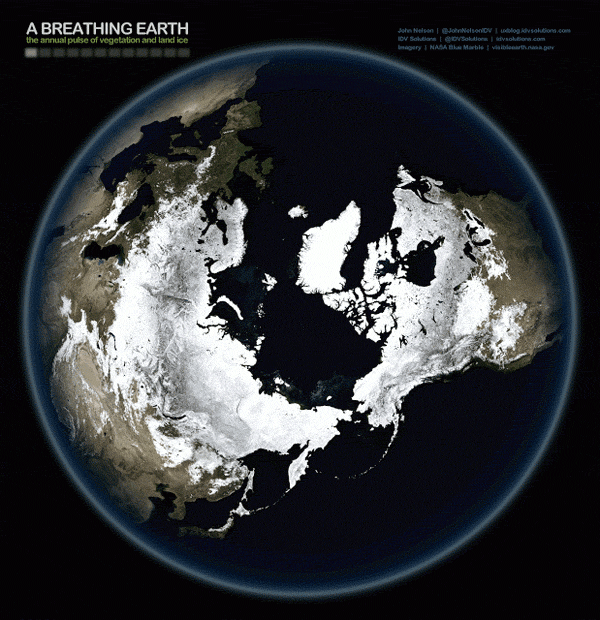
Living Systems
Art + Design
Collaboratory
Presented by Design Science Studio at the Buckminster Fuller Institute in partnership with habRitual + The Emergent Media DesignLab at the University of California, Irvine.
Supported through the Patronage of Mansoor Vakili
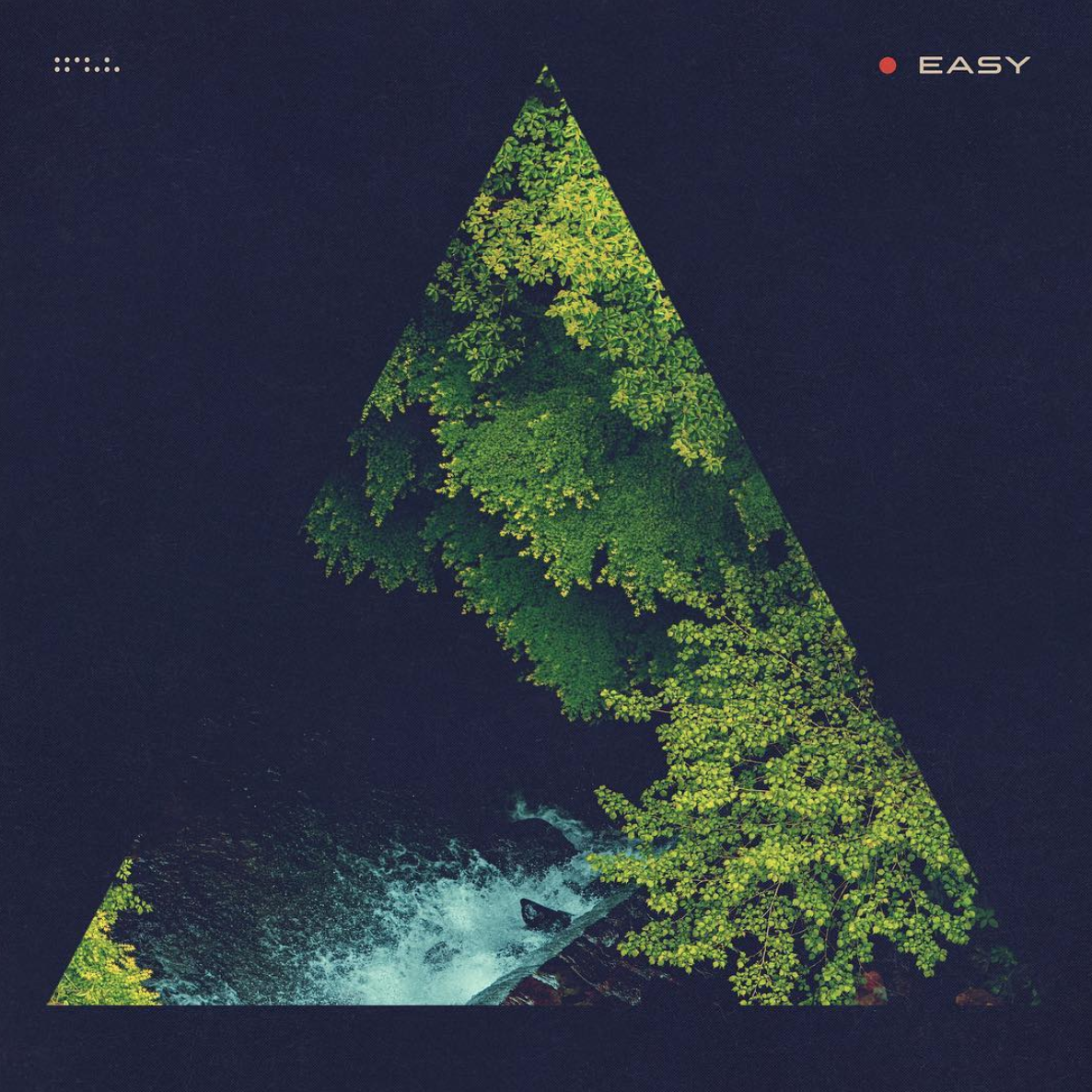
⬇ See The Launch Week Presentations! ⬇
➡
⬅
Learn about the projects in the Collaboratory
Overview
We are pleased to announce the inaugural Living Systems Art + Design Collaboratory.
This new program provides funding for artists and designers to support the development of creative projects that explore living systems. The Collaboratory works with 30 designers and artists to design projects that aid people in perceiving the biological, cognitive, social, ecological, philosophical, spiritual, mathematical, political and technological dimensions of life as a unified whole as inspired by living systems.

Theme
“Everything is a System”
Systems philosophy helps us to understand that humans occupy a self-organizing living system (our planet) with an inherent capability to sustain life. Living systems are cognitive entities with an inherent tendency to structure themselves in nonlinear network patterns capable of performing highly complex functions with minimum effort.
Observations suggest that people tend toward two different perceptions; linear and nonlinear thinking. There is a deeper simplicity within the living world. Human beings are an interconnected and inseparable part of this nonlinear living system, but if observations suggest that we too often employ strategies of linear perception, thinking and relationships that risk making the human network unsustainable.
The nonlinear nature of the digital era is an indication of the emergence of the planet's ongoing process of self-organizing and self-awareness. For humanity to synchronize with this process we must simply look to systems theory and network theory (which provide the essential and universal behavioral patterns of living systems) as guidelines for harmonic and creative participation with our living planet.
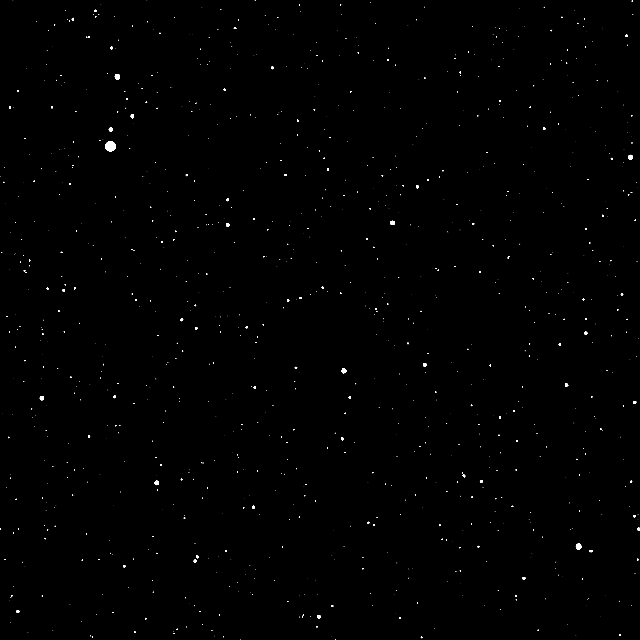
^^ This is for you Collaboratory Members

// Collaboratory Members are invited to consider, and be inspired by, some of these topics and questions:
- A deeper understanding of living systems
- Linear and non-linear systems and the evolutionary ramifications of each
- Synergetics: the empirical study of systems in transformation, with an emphasis on total system behavior unpredicted by the behavior of any isolated components, including humanity's role as both participant and observer.
- Is the universe a living system? Is it linear or non-linear or both?
- What are the components of the living universe?
- Are we able to understand and replicate its highly complex functions using the least amount of complexity?
- All members of nonlinear networks implement their assets in cooperation and partnership to achieve the long-term goals of the whole network, creating a whole that is greater than the sum of the parts.
- Human self-consciousness and the development of linear, analytical thinking and linear perception.
- The Digital Age as a nonlinear example. How is it transforming how we think?
- What can we learn from the Internet as a self-sustainable network?
- What is there to learn and mimic to apply it to the sustainability of the human network?
- The human body as living systems metaphor.
- Looking inwards to understand what’s outside.
- The self-organizing capacity of our body and our brain
- How might the Internet as a self-sustainable network can provide guidelines for the process of sustainability in the human network?
Creator Support
Creators receive financial awards for each stage of their development.
Creators will be scaffolded with mentorship from Mansoor Vakili, systems philosopher.
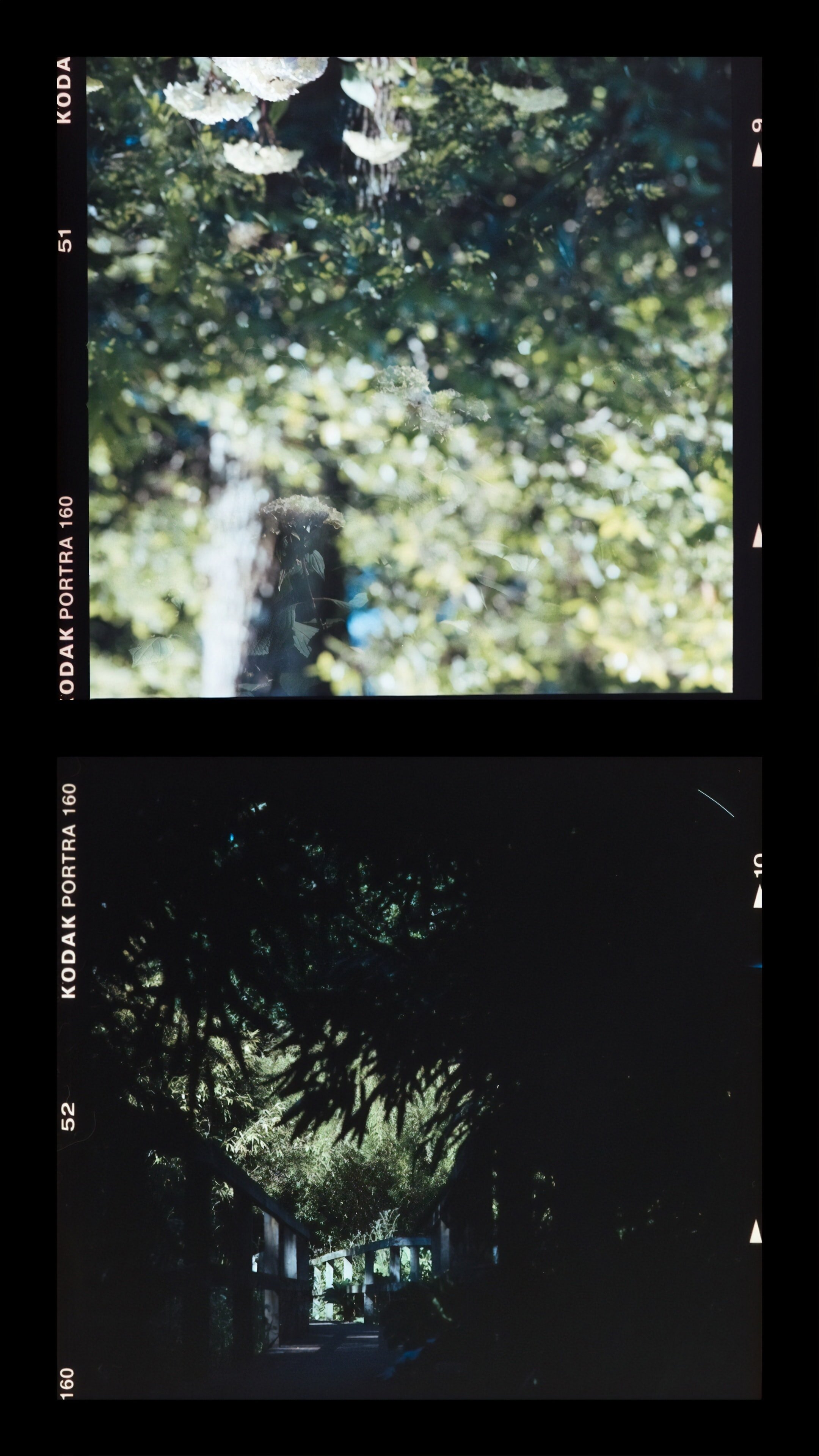
Phases
At the beginning of the cycle, all Collabrarians will submit a brief speculative proposal for a creative design project that responds to some aspect how Regenerative Design / Living Systems Theory can be harnessed to create a world that works for 100% of life.
The Collaboratory cycle spans approximately 4 months, and is structured in three phases:
The Incubator phase: thirty creators were be selected from the initial submissions. Working within an iterative prototyping framework facilitated by BFI and UCI faculty and staff, creators will develop their initial proposal into a proof-of-concept prototype.
The Development phase: selected Incubator projects will be chosen for further exploration and development into fully-realized form, again mentored by BFI and UCI faculty and staff. Creators will have the option to work on their projects individually or in small groups.
The Presentation phase: selected projects from the Development phase will be polished for presentation in online exhibition spaces, sponsored jointly by BFI and UCI.
Eligibility
Participating collaboratory members “Collabrarians” are members of the BFI Design Science Studio or a current student at the University of California, Irvine. We encouraged creators with a passion for systems orientation to apply.
Additionally, it was a plus if applicants were artists and/or designers who wished to work in a visual medium: film, 2D, 3D, 4D, Data Visualization, etc.
One of the ideal outputs of the work produced through the Collaboratory will be pairing these outputs with educational resources for systems philosophy.
All creative mediums were welcomed to apply, as we see the importance of bridging understanding across mediums.
Reference Materials
The Living Universe by Mansoor Vakili
The Web of Life: A New Scientific Understanding of Living Systems by Fritjof Capra
Terrapin Green: Biophilic Design

